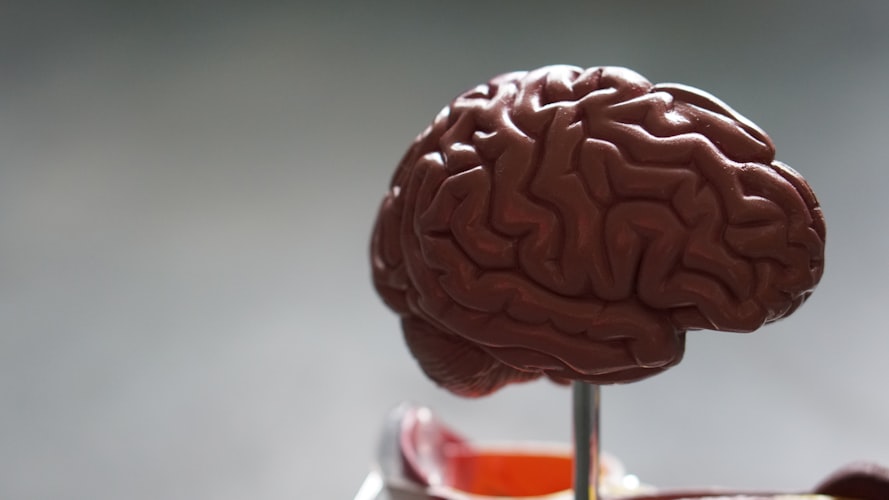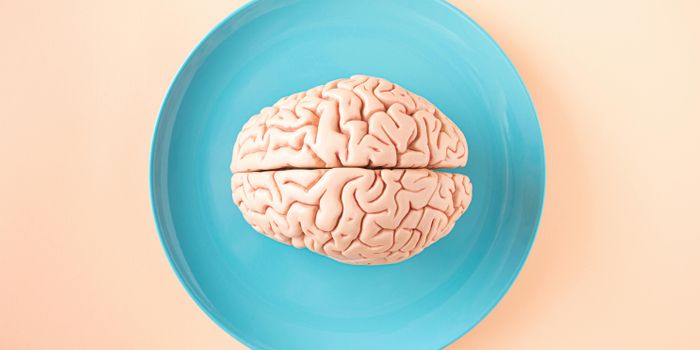Brain Stimulants Help with Focus
Drugs like Ritalin, Adderall and similar medications have been assumed by the public as fuels to help people focus. But, how exactly do they work?
Now, a new study led by Brown University researchers indicates that these medications push the brain to fix its attention on the ‘benefits’ rather than the ‘costs’ of completing challenging assignments through work.
"People tend to think, 'Ritalin and Adderall help me focus,'" said Michael Frank, the study's co-senior author and a professor of cognitive, linguistic and psychological sciences at Brown. "And they do, in some sense. But what this study shows is that they do so by increasing your cognitive motivation: Your perceived benefits of performing a demanding task are elevated, while the perceived costs are reduced. This effect is separate from any changes in actual ability."
Findings were published in the journal Science and shows for the first time how Ritalin (as well as other stimulants) alter cognitive function. The study could advance new treatment options for individuals with ADHD and wide range of mental disorders.
"We've known for a long time that when you give people these types of stimulants, you get enhanced performance," says Brown University’s postdoctoral researcher and study lead author, Andrew Westbrook. "But is that due to an increased ability, or is it due to increased motivation? We didn't know which of these two factors were contributing and to what degree."
Ritalin increases dopamine—the brains chemical messenger involved in motivation and reward (also known as the ‘Happy Hormone’).
Learn more about the brain’s reward system:
"The thoughts that pop into our head, and the amount of time we spend thinking about them, are regulated by this underlying cost-benefit decision-making system," Westbrook said. "Our brains have been honed to orient us toward the tasks that will have the greatest payoff and the least cost over time."
Source: Science Daily









